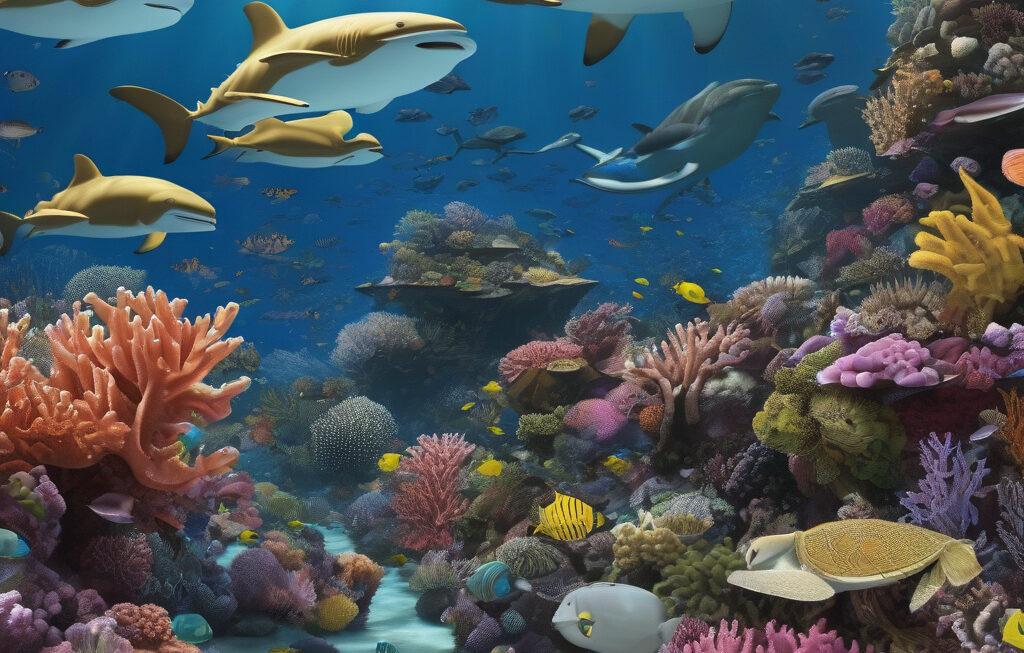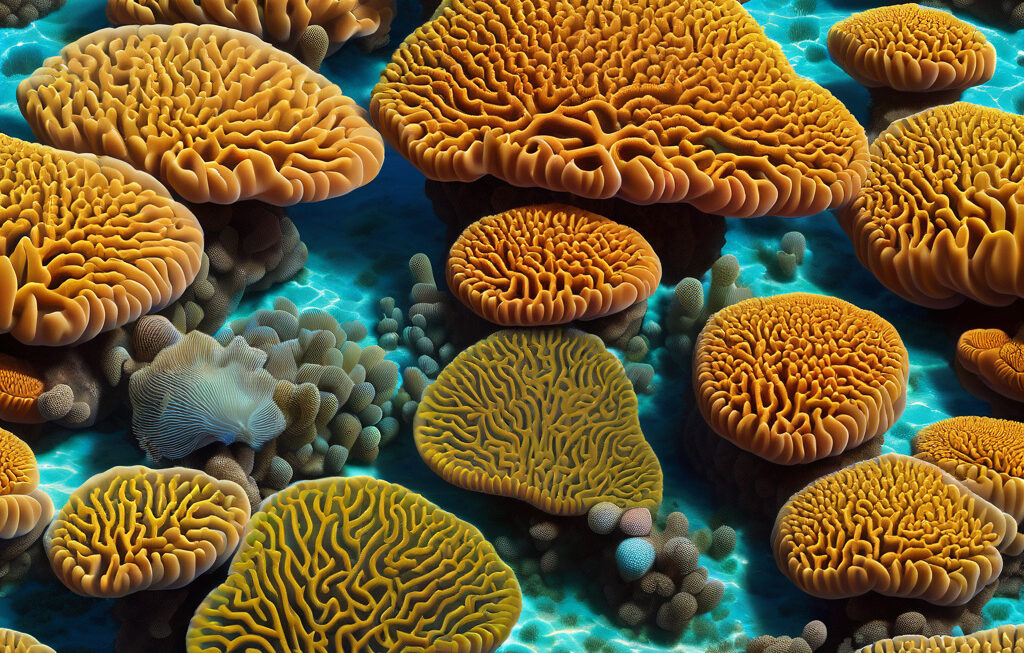Whale sharks scarred: Study links 80% injuries to human activity in Indonesia
Between 2010 and 2023, researchers in Indonesia studied over 200 endangered whale sharks and found that a staggering 80% of their injuries could be directly linked to human activities. These findings shed light on the detrimental impact that human actions are having on these majestic creatures and emphasize the urgent need for conservation efforts to protect them.
One of the primary causes of injuries to whale sharks identified in the study was boat strikes. With the increase in maritime traffic in Indonesian waters, especially in areas where whale sharks are known to frequent, the risk of collisions has escalated significantly. These collisions can result in severe wounds and scars on the bodies of the whale sharks, affecting their ability to swim, feed, and survive in their natural habitat.
Another alarming discovery was the prevalence of fishing gear entanglement among the studied whale sharks. Abandoned or lost fishing nets, lines, and traps pose a serious threat to marine life, with whale sharks being particularly vulnerable due to their size. These entanglements can lead to deep lacerations, infections, and even death for these gentle giants.
The study also highlighted the impact of marine debris on whale sharks in Indonesian waters. Plastic pollution, in particular, was found to be a significant contributor to injuries among the studied population. From ingesting microplastics to getting entangled in larger plastic debris, whale sharks face a myriad of risks as a result of human-generated waste in the oceans.
The implications of these findings are profound and demand immediate action to mitigate the threats faced by whale sharks in Indonesia. Conservation initiatives that focus on reducing boat traffic in critical habitats, implementing responsible fishing practices, and cleaning up marine debris are crucial steps in safeguarding the future of these vulnerable species.
Furthermore, public awareness and education play a vital role in fostering a culture of marine conservation and inspiring individuals to take proactive steps in preserving the ocean ecosystem. By understanding the impact of their actions on marine life, people can make informed choices that contribute to the well-being of creatures like whale sharks.
In conclusion, the study linking 80% of injuries to human activity in Indonesia serves as a stark reminder of the pressing need to prioritize the protection of whale sharks and marine biodiversity as a whole. By addressing the root causes of harm to these animals and implementing sustainable conservation measures, we can ensure a safer and healthier environment for whale sharks to thrive in the oceans.
conservation, marine life, Indonesia, whale sharks, human impact












